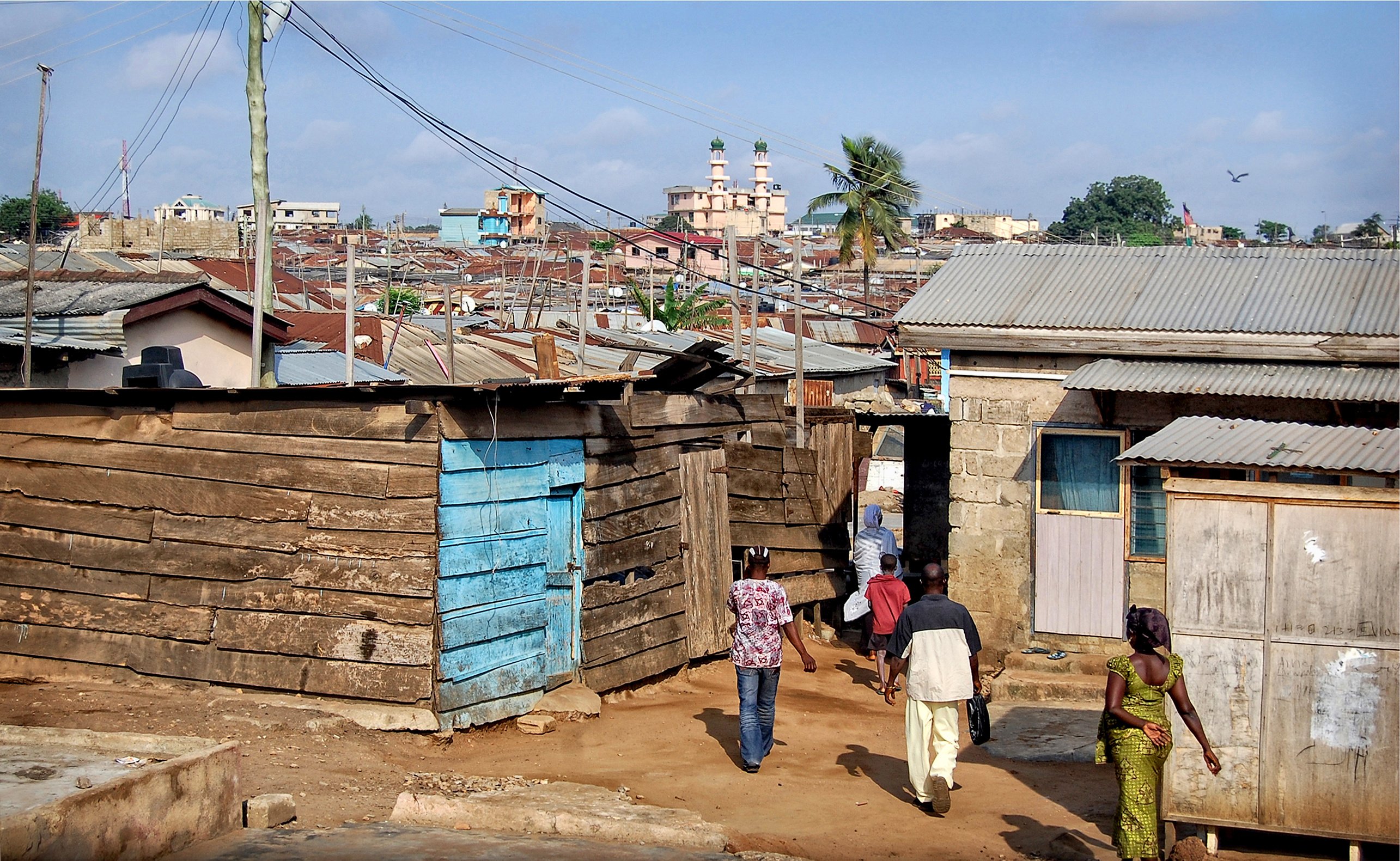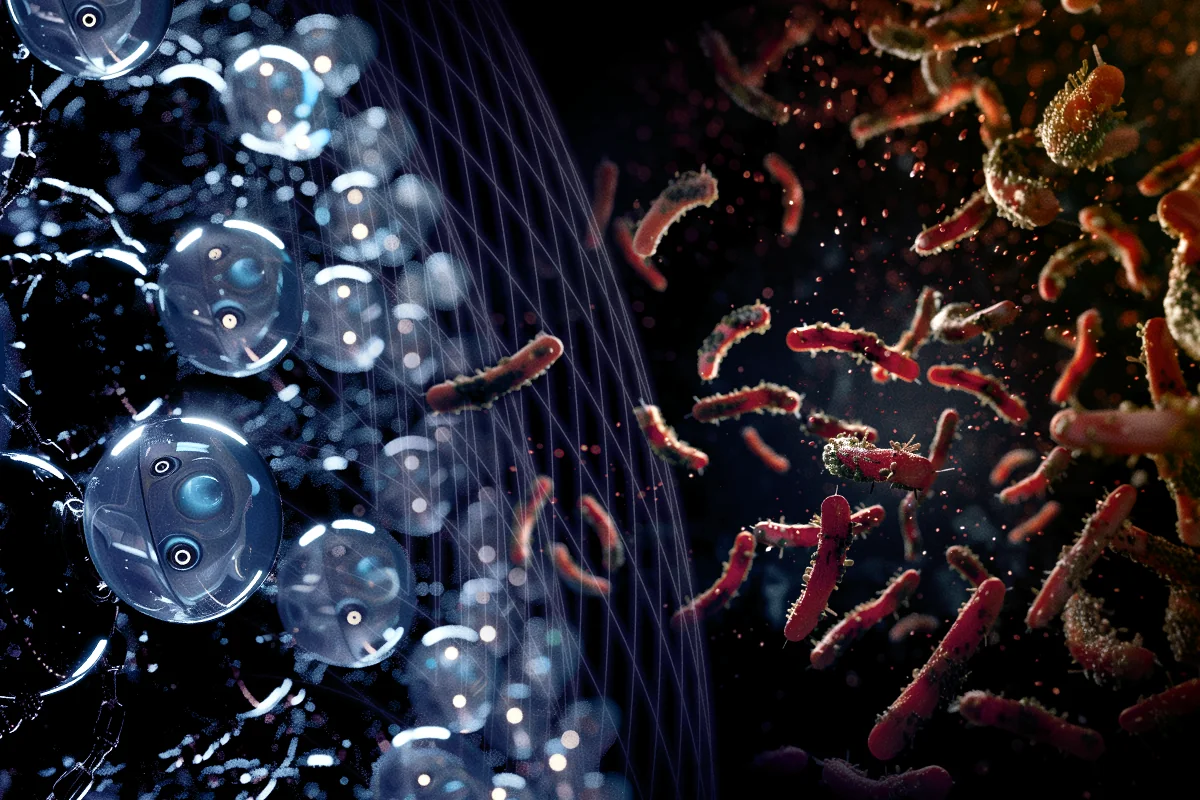.jpeg)
Written By: Biomeme Staff
You’re sick. You’ve been sick for a couple of days. You feel awful. You feel so awful that you go see your doctor. They can’t quite figure out what’s the matter, but they prescribe you a general antibiotic — ‘that should do the trick,’ they tell you.
And that thinking is both common and logical: Either you have a bacterial infection that an antibiotic will wipe out, or you have a viral infection that your body is fighting. Either way, you’ll be over it in a day or two because the antibiotics worked, or because your body fought off the virus.
You leave happy and satisfied with your doctor’s visit. All’s well that ends well.
Except.
Except that this is a serious problem. Because, in this extremely common occurrence, quite often you have a virus, not a bacterial infection. The antibiotic didn’t hurt you in any immediate way, but it did cause more long-term harm: It trained the bacteria in your body to resist it.
And this happens millions of times a day all around the world: Antibiotics are prescribed unnecessarily and instead of combatting a specific bacterial infection, they train otherwise common bacteria in your body to resist common antibiotics. And slowly, over time, common bacteria grow resistant to antibiotics and become more powerful and more harmful.
As a result, antibiotics today are less effective than ever before. This relatively new marvel of modern science is, as a result, becoming less effective every single day.
And that’s why we are proudly — and loudly — supporting the CDC’s Antibiotic Awareness Week, which coincides with World Antimicrobial Awareness Week (WAAW) the week November 18-24. This year’s WAAW theme is “Preventing antimicrobial resistance together.”
Bacterial and viral infections cause similar symptoms that can result in mild, moderate, or severe disease. But they are very different from one another in how they work and how they respond to medication.
Bacteria are complex, single-cell organisms that can self-reproduce. Less than 1% of bacteria cause disease. Bacterial infections are treated with antibiotics.
The Biomeme Experience
Viruses are invasive organisms that attach themselves to host cells and create more viruses until the cell dies or becomes malignant or cancerous. The flu, colds, and norovirus are common viral infections. Vaccines and antiviral medications have been effective in more serious viral infections like polio, measles, HIV/AIDS, and COVID-19.
On an individual level, we all want to get better when we get sick and welcome antibiotics and antiviral medications to health and provide relief. On a macro level, too much of a good thing for everyone over time gives bacteria and viruses time to adapt faster than we can develop new antimicrobial medications.
Antimicrobial resistance and antibiotic resistance are two huge, interrelated challenges.
Antimicrobial resistance (AMR) is a term that describes the ability of microorganisms such as bacteria, viruses, fungi, and parasites, to resist drugs designed to treat infections caused by these microorganisms. Antibiotic resistance (ABR) refers specifically to the ability of bacteria to withstand the effects of antibiotics.

The CDC estimates that one in every four infections in long-term care settings are caused by antibiotic resistance bacteria. According to the WHO, AMR is a top 10 global threat to public health largely driven by: the overuse and misuse of antimicrobials; the lack of access to clean water, sanitation, and hygiene; inadequate infection and disease prevention controls; and the lack of access to quality, affordable medicines.
By 2050, AMR could cause up to 10 million deaths a year. The World Bank estimates that by 2050, AMR could result in a 3.8% decline in global GDP and lead to 28.3 million more people falling into poverty.
AMR is an increasing threat to humans, animals, plants, and the environment. It affects us all. We all have a role to play in creating a safer, healthier planet by reducing overuse and inappropriate use of antimicrobials, taking measures to decrease infection, and adhere to best practices.
That’s why we’re celebrating this week of awareness, and why we encourage you to, also.
Get the latest tips from Biomeme shipped right to your inbox

From the battlefield to the kitchen table and everywhere in between, antibiotic resistance is cropping up in—and being battled—in new and evolving ways. Antibiotic resistance (ABR) fits under the...

Overuse of antibiotics has led to a losing battle against mutating, drug-resistant bacteria. A restrained approach to antibiotic prescription will be key to addressing this massive global health...
401 North Broad St Suite 222 Philadelphia, PA 19108